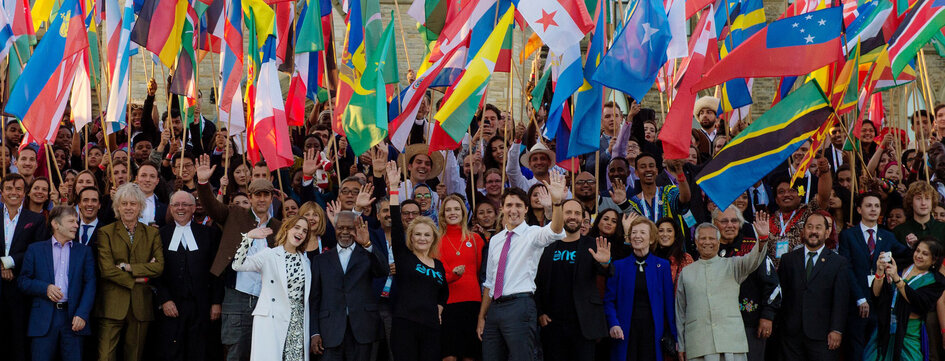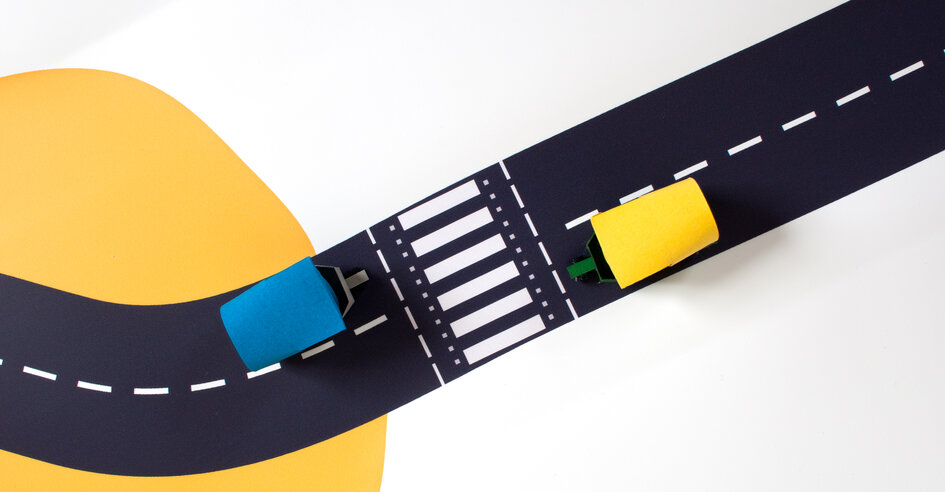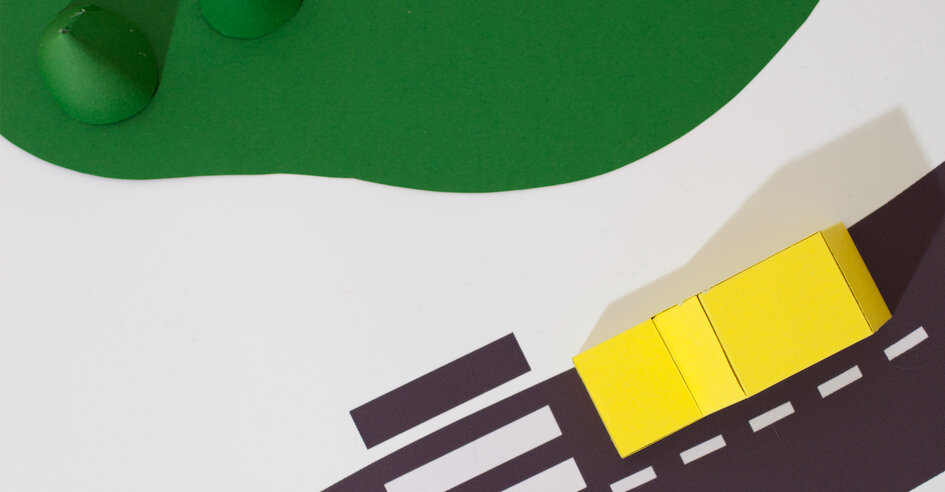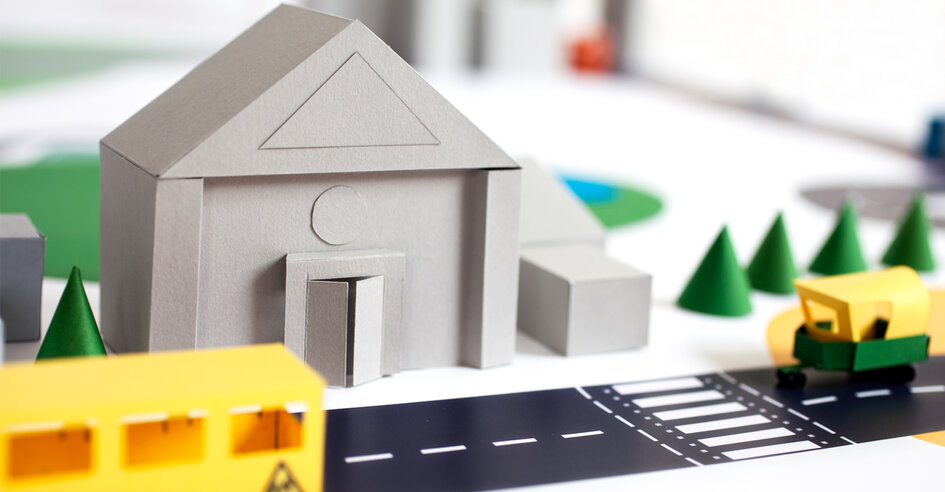
Apply for All Bar None Scholarship for One Young World 2018, The Hague
One Young World was founded in 2009 by David Jones and Kate Robertson. One YOung World is a UK-based charity that gathers together the brightest young leaders from around the world, empowering them to make lasting connections to create positive change.
They stage an annual Summit where the most valuable young talent from global and national companies, NGOs, universities and other forward-thinking organisations are joined by world leaders, acting as the One Young World Counsellors.
At the Summit, delegates debate, formulate and share innovative solutions for the pressing issues the world faces.

One Young World is taking place at The Hague in The Netherlands from 17-20 October 2017 and will cover a range of global issues facing young people. As YOURS – Youth for Road Safety we are encouraging young people from the 125 countries highlighted to apply for the All Bar None Scholarship to bring road safety higher on the global agenda for youth. Check out more information from the organizers below.
What is All Bar None?
All Bar None is an initiative designed to ensure that outstanding young people from every country in the world are represented at the One Young World Summit 2018 in The Hague.
We have selected 125 countries that have been less well represented at previous One Young World Summits. Through All Bar None, we will work closely with our partners and sponsors to find sponsorship for one young leader from each of these countries to attend the Summit in The Hague.
What does All Bar None sponsorship pay for?
- Access to the One Young World Summit 2018 in The Hague, the Netherlands.
- Hotel accommodation on a shared basis between 17 October and 20 October 2018.
- Catering which includes breakfast, lunch and dinner.
- Transport between the Summit accommodation and the Summit venue.
- Summit hand-outs and support materials.
- The cost of travel to and from The Hague. Your flight to and from The Hague must depart from and return to one and the same international airport.
Please note that if you are ultimately selected for a Scholarship and require a visa to enter The Netherlands to attend the One Young World Summit 2018, you will be required to pay a Schengen visa fee yourself. The Schengen visa costs €60 EUR plus the applicable service charge of your local visa application centre. The costs of the visa and the applicable service charge as well as any further costs associated with the visa application (including travel to and from the visa application centre) fall on you as the participant.




















